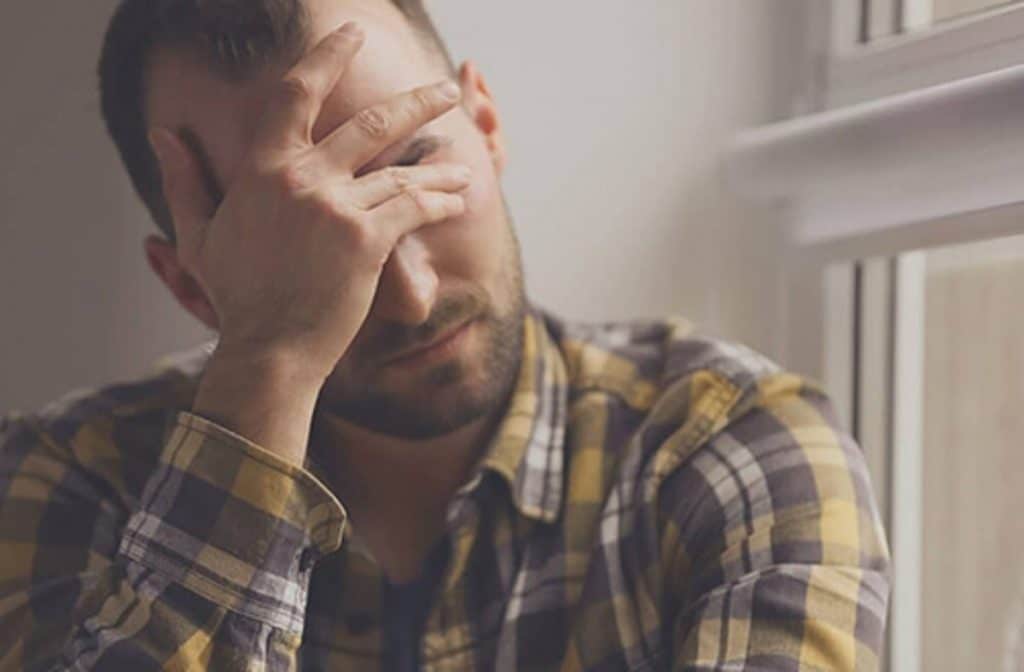People who consume mushrooms containing psilocybinotherwise known as magic mushrooms, typically experience a surreal experience in which their sense of space, time, and self is distorted. Proponents have long argued that, under the right conditions, psychedelic experiences can alleviate mental distress, and a handful of scientific studies suggest they may be right. Understanding exactly how the drug affects the brain will help scientists and doctors tap into its therapeutic potential.
Harnessing the Therapeutic Potential of Psilocybin
In a new study, researchers at Washington University School of Medicine in St. Louis report that psilocybin, the active compound in magic mushrooms, temporarily alters a critical network of brain areas involved in introspective thinking, such as daydreaming and memory.
The findings provide a neurobiological explanation for the drug’s psychotropic effects and lay the groundwork for the development of psilocybin-based therapies for mental illnesses such as depression and post-traumatic stress disorder.
“The effect is initially noticeable, and when it goes away, it’s a small effect,” said co-senior author Nico UF Dosenbach, MD, Ph.D., professor of neurology.
“That’s exactly what you want to see for a potential drug. You don’t want people’s brain networks to be wiped out for days, but you also don’t want everything to go back to normal right away. You want an effect that lasts long enough to make a difference.”
The study, available on Naturelays out a roadmap that other scientists can follow to assess the effects of psychoactive drugs on brain function, potentially accelerating drug development efforts for numerous psychiatric illnesses.

Psilocybin showed promise as a treatment for depression in the 1950s and 1960s, but restrictive federal drug policies in the decades that followed halted nearly all subsequent research. In recent years, however, regulations have loosened and interest in the field has revived.
“We now know a lot about the psychological effects and the molecular/cellular effects of psilocybin,” said first author Joshua S. Siegel, MD, Ph.D., an instructor in psychiatry. “But we don’t know a lot about what happens at the level that connects the two, the level of functional brain networks.”
To fill this gap, Siegel assembled a team that included Dosenbach, an expert in brain imaging, and co-senior author Ginger E. Nicol, MD, an associate professor of psychiatry with experience conducting clinical trials with controlled substances.
Together, they devised a way to visualize the impact of psilocybin on individual participants’ functional brain networks (neural communication pathways that connect different brain regions) and to correlate changes in these networks with subjective experiences.
The team recruited seven healthy adults to take a high dose of psilocybin or methylphenidate, the generic form of Ritalin, under controlled conditions. Because psychedelic trips carry the risk of users having negative or frightening experiences, a pair of trained experts stayed with each participant throughout the experience.

Experts helped prepare participants for what they would likely experience, provided guidance and support during each experiment, and helped volunteers process what had happened afterward. Each participant underwent an average of 18 functional MRI brain scans in the days or weeks before, during, and up to three weeks after their psilocybin experiences. Four participants returned six months later to repeat the experiment.
Psilocybin caused profound and widespread, but not permanent, changes to the brain’s functional networks. In particular, it desynchronized the default mode network, an interconnected set of brain areas that are usually active simultaneously when the brain isn’t working on anything in particular.
After going out of sync, the network reestablished itself when the acute effects of the drug wore off, but small differences from the pre-psilocybin scans persisted for weeks. The default-mode network remained stable in people who received methylphenidate.
“The idea is that you’re taking this system that’s fundamental to the brain’s ability to think about itself in relation to the world, and you’re totally and temporarily desynchronizing it,” Siegel said. “In the short term, that creates a psychedelic experience. The long-term consequence is that it makes the brain more flexible and potentially more capable of getting into a healthier state.”

Normally, each individual’s functional brain network is as distinctive as a fingerprint. Psilocybin distorted the brain networks so completely that individuals could no longer be identified until the acute effects wore off.
“The brains of people on psilocybin seem more similar to each other than to their non-tripping selves,” Dosenbach said. “Their individuality is temporarily wiped away. This confirms, on a neuroscientific level, what people say about losing their sense of self during a trip.”
During the experience, participants were asked to rate their feelings of transcendence, connection, and awe using the validated Mystical Experience Questionnaire. The extent of changes in functional networks was monitored with the intensity of each participant’s subjective experience.
“We were able to obtain very precise data on the effects of the drug on each individual,” Nicol said.
“This is a step toward precision clinical trials. In psychiatry, we often don’t know who should take a specific drug, how much, or how often. As a result, we end up prescribing drug after drug, fiddling with the dosage, until we find something that works. By using this approach in clinical trials, we can identify the factors that determine who benefits and who doesn’t, and make better use of the drugs we have.”
Nicol, Siegel, and Dosenbach stress that people shouldn’t interpret their study as a reason to self-medicate with psilocybin. The drug isn’t approved by the Food and Drug Administration (FDA) as a treatment for depression or any other condition, and there are risks in taking it without the supervision of qualified mental health professionals.
#Psilocybin #Harnessing #Mindaltering #Power #Treat #Mental #Illness
